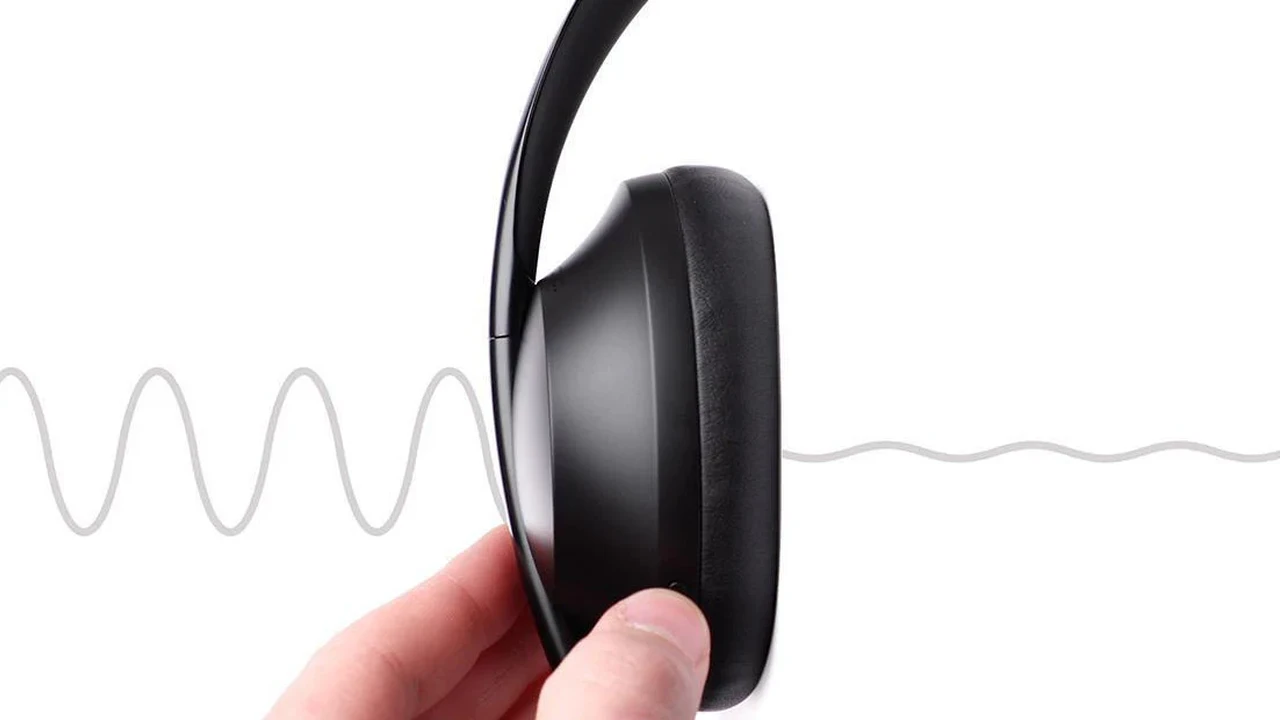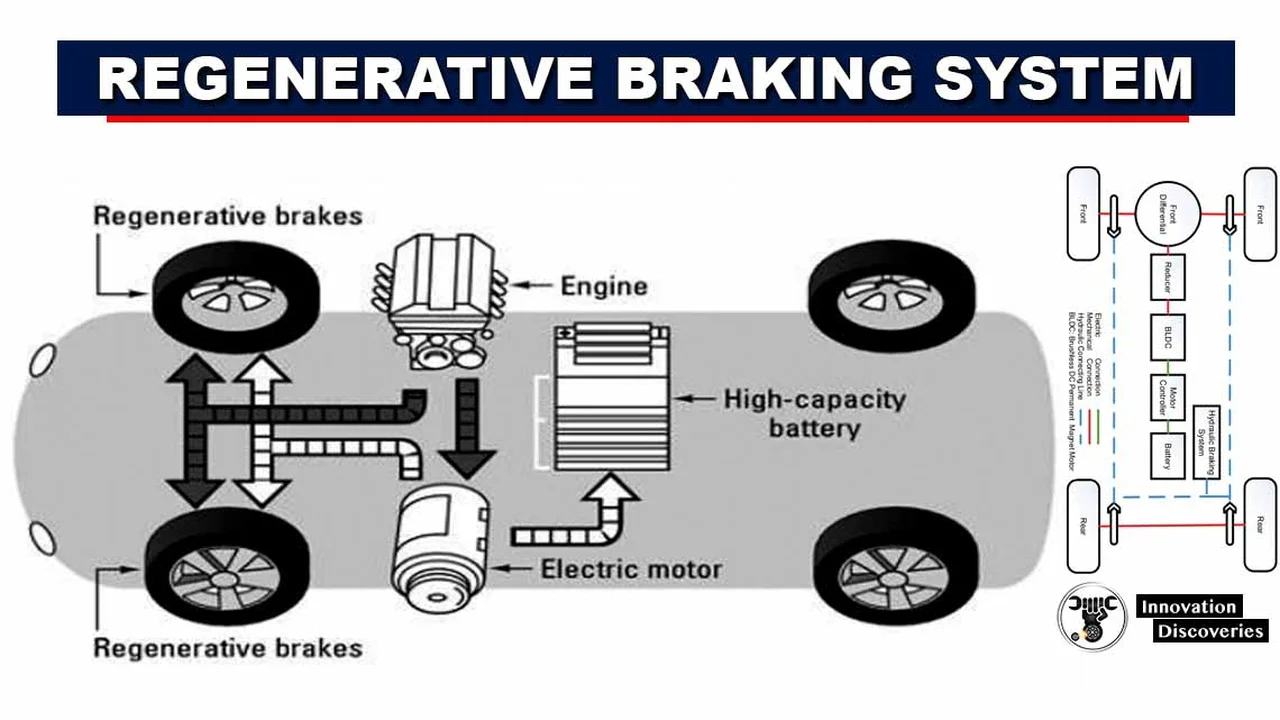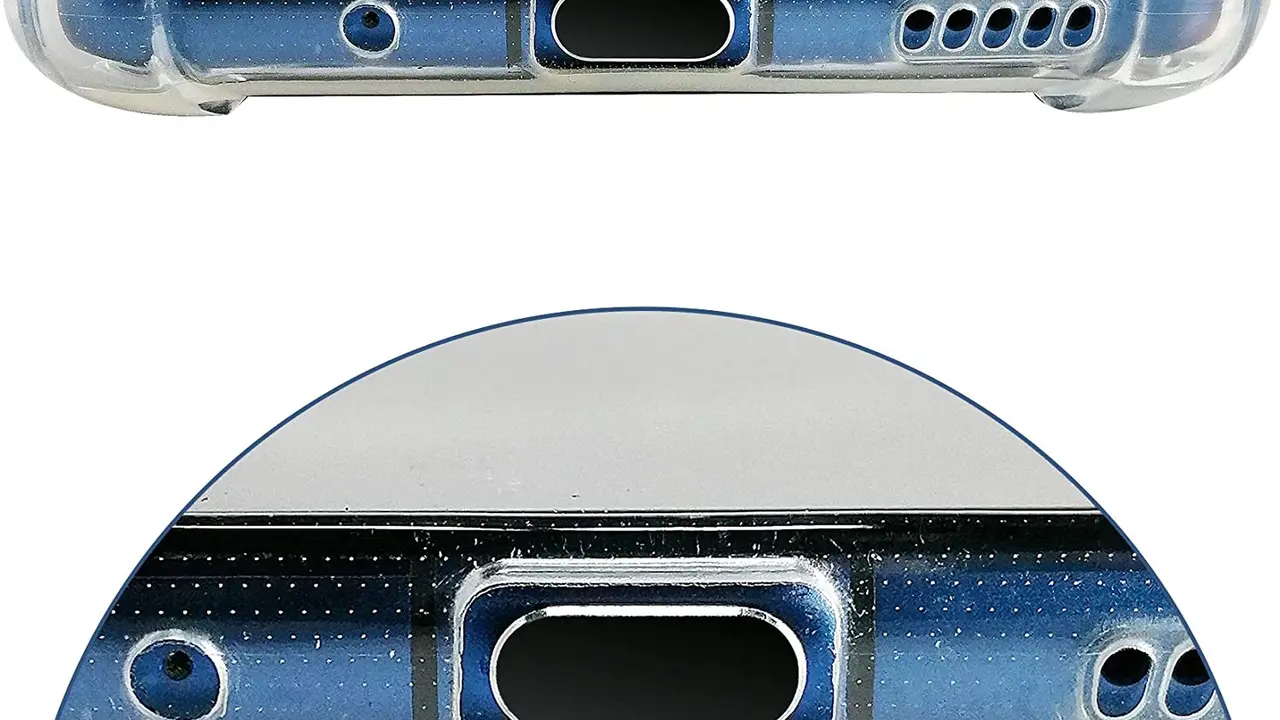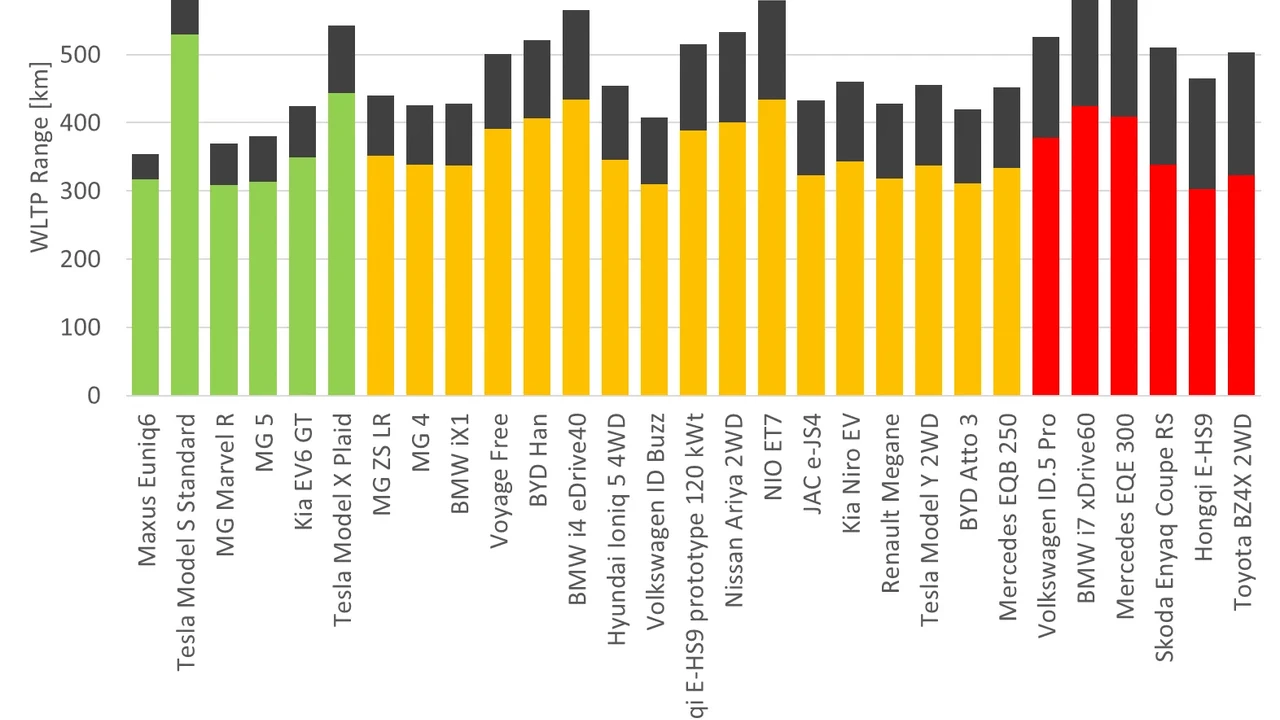Noise Cancellation Technology for EVs: A Quieter Ride
Elevate your EV driving experience with these 7 innovative tech gadgets. Discover smart displays, diagnostic tools, and more for enhanced performance and convenience. Upgrade your ride with the latest EV technology.

Understanding EV Noise Cancellation Technology The Basics
Okay, let's face it, electric vehicles are already pretty darn quiet compared to their gas-guzzling counterparts. But sometimes, even the subtle hum of the electric motor and the whoosh of the wind can get a little tiresome on a long road trip. That's where noise cancellation technology comes in to save the day! It's like having a personal cone of silence surrounding your EV, making those highway miles a whole lot more serene.
So, how does it work? Well, it's all about sound waves. The system uses microphones strategically placed around the cabin to detect unwanted noises. Then, it generates "anti-noise" – sound waves that are exactly the opposite of the intrusive sounds. When these waves meet, they cancel each other out, resulting in a quieter and more comfortable ride. It's like magic, but it's actually science!
Benefits of Noise Cancellation for Electric Vehicles Enhanced Comfort and Focus
The most obvious benefit is, of course, a quieter cabin. This translates directly to a more comfortable driving experience, especially on long journeys. Imagine cruising down the highway without the constant drone of the wind or the rumble of the tires. You can actually hear your music clearly, have a conversation without shouting, or simply enjoy the peace and quiet.
Beyond comfort, noise cancellation can also improve your focus and reduce driver fatigue. Studies have shown that prolonged exposure to noise can increase stress levels and decrease concentration. By minimizing distractions, noise cancellation helps you stay alert and focused on the road, making your driving experience safer and more enjoyable.
Types of Noise Cancellation Systems for EVs Active vs Passive
There are two main types of noise cancellation systems used in EVs: active and passive. Passive noise cancellation relies on physical barriers to block sound waves from entering the cabin. This can include things like thicker windows, sound-absorbing materials in the doors and roof, and improved seals around the doors and windows. It's the fundamental step, but not enough alone.
Active noise cancellation (ANC), on the other hand, uses electronic components to generate anti-noise. This is the more sophisticated approach and is often used in conjunction with passive methods for maximum noise reduction. ANC systems are more effective at canceling out a wider range of frequencies and can adapt to changing road conditions.
Aftermarket Noise Cancellation Solutions for EVs What Are Your Options
While some EVs come with built-in noise cancellation systems, you can also add aftermarket solutions to your existing vehicle. These can range from simple sound-deadening materials to more advanced ANC systems.
- Sound Deadening Materials: Products like Dynamat and Hushmat can be applied to the interior panels of your EV to reduce vibrations and block sound waves. This is a relatively inexpensive and effective way to improve passive noise cancellation.
- Acoustic Foam: Acoustic foam panels can be strategically placed in the cabin to absorb sound reflections and reduce echo. This can be particularly helpful in reducing noise from the rear of the vehicle.
- Aftermarket ANC Systems: While less common, some companies offer aftermarket ANC systems that can be installed in your EV. These systems typically require professional installation and can be more expensive than other options.
Product Recommendations for EV Noise Reduction Specifics and Pricing
Alright, let's dive into some specific product recommendations to help you achieve that blissful silence in your EV. Keep in mind that prices can vary depending on the retailer and current promotions.
- Dynamat 11905 Hoodliner: This is a great option for reducing engine noise (even though EVs don't have engines, it helps with motor noise and road noise transmitted through the hood). It's easy to install and relatively affordable, typically costing around $50-$70.
- Noico 80 mil Sound Deadener: This is a popular and effective sound deadening mat that can be applied to the floor, doors, and roof of your EV. It's a bit more involved to install, but the results are worth it. Expect to pay around $80-$100 for a roll that will cover a significant portion of your vehicle.
- Acoustic Foam Panels (Various Brands): You can find acoustic foam panels on Amazon or at specialty audio stores. Prices vary depending on the size and thickness of the panels, but you can typically get a decent set for around $30-$50. Experiment with placement to find what works best for your EV.
Installation Tips for Noise Cancellation Products DIY vs Professional
Installing noise cancellation products can be a DIY project, but it depends on your skill level and the type of product you're installing. Sound-deadening mats and acoustic foam panels are relatively easy to install yourself with some basic tools and patience. However, installing an aftermarket ANC system is best left to the professionals, as it requires specialized knowledge and equipment.
If you're tackling a DIY project, be sure to watch some tutorial videos and read the instructions carefully. Proper preparation and attention to detail are key to achieving the best results. And don't be afraid to ask for help if you get stuck!
Real-World Applications of EV Noise Cancellation Scenarios and Benefits
Let's look at some real-world scenarios where noise cancellation can make a big difference in your EV driving experience.
- Long Road Trips: As mentioned earlier, noise cancellation can significantly reduce fatigue and improve comfort on long road trips. This allows you to arrive at your destination feeling refreshed and energized.
- City Driving: Even in the city, noise cancellation can be beneficial. It can help to block out the sounds of traffic, construction, and sirens, creating a more peaceful and relaxing driving environment.
- Commuting: If you commute in your EV, noise cancellation can help you stay focused and productive. You can use the quiet time to listen to audiobooks, podcasts, or simply relax and de-stress before and after work.
Comparing Different Noise Cancellation Systems in EVs Features and Performance
The effectiveness of noise cancellation systems can vary depending on the make and model of the EV. Some systems are more sophisticated than others and offer better performance across a wider range of frequencies. Research is key! Check reviews and compare specs to see which systems are best for your needs.
For example, some high-end EVs use advanced ANC systems with multiple microphones and sophisticated algorithms to cancel out a wider range of noises. These systems may also offer features like personalized noise cancellation profiles and the ability to adjust the level of noise reduction.
The Future of Noise Cancellation in Electric Vehicles What to Expect
The future of noise cancellation in EVs looks bright. As technology advances, we can expect to see even more sophisticated and effective noise cancellation systems. These systems may incorporate artificial intelligence (AI) to learn your driving habits and personalize the noise cancellation experience.
We may also see the development of new materials and designs that further improve passive noise cancellation. And who knows, maybe one day we'll have EVs that are so quiet that you can hear a pin drop inside the cabin!
EV Noise Cancellation and Resale Value Does it Matter
While it's difficult to quantify the exact impact of noise cancellation on resale value, it's safe to say that it can be a selling point for some buyers. A quieter and more comfortable cabin is a desirable feature, especially for those who spend a lot of time driving.
If you're considering adding aftermarket noise cancellation products to your EV, keep in mind that some upgrades may be more appealing to potential buyers than others. For example, high-quality sound-deadening materials are likely to be seen as a worthwhile investment, while a poorly installed aftermarket ANC system may actually detract from the value of your vehicle.
Addressing Common Concerns About EV Noise Cancellation Safety and Performance
Some people may have concerns about the safety and performance of noise cancellation systems. For example, they may worry that noise cancellation could block out important sounds, such as sirens or horns, making it more difficult to react to potential hazards.
However, most modern noise cancellation systems are designed to allow certain frequencies to pass through, ensuring that you can still hear important sounds. Additionally, some systems offer the ability to turn off noise cancellation completely, giving you full control over your auditory environment.
Maintenance of EV Noise Cancellation Systems Ensuring Longevity
Maintaining your EV's noise cancellation system is relatively simple. For passive systems, simply keep the interior clean and free of debris. For active systems, check the microphones regularly to ensure that they are not blocked or damaged. If you notice any problems with the system, such as a decrease in performance or unusual noises, consult a qualified technician.
Consumer Reviews of EV Noise Cancellation Systems What Are People Saying
Take a look at online forums, product review sites, and EV owner groups to see what other people are saying about noise cancellation systems in their EVs. This can give you valuable insights into the performance of different systems and help you make an informed decision about which products are right for you.
Look for reviews that mention specific scenarios, such as long road trips or city driving, and pay attention to comments about the effectiveness of the noise cancellation system at blocking out different types of noises. Also, be sure to consider the source of the reviews and look for unbiased opinions from verified owners.
:max_bytes(150000):strip_icc()/277019-baked-pork-chops-with-cream-of-mushroom-soup-DDMFS-beauty-4x3-BG-7505-5762b731cf30447d9cbbbbbf387beafa.jpg)






